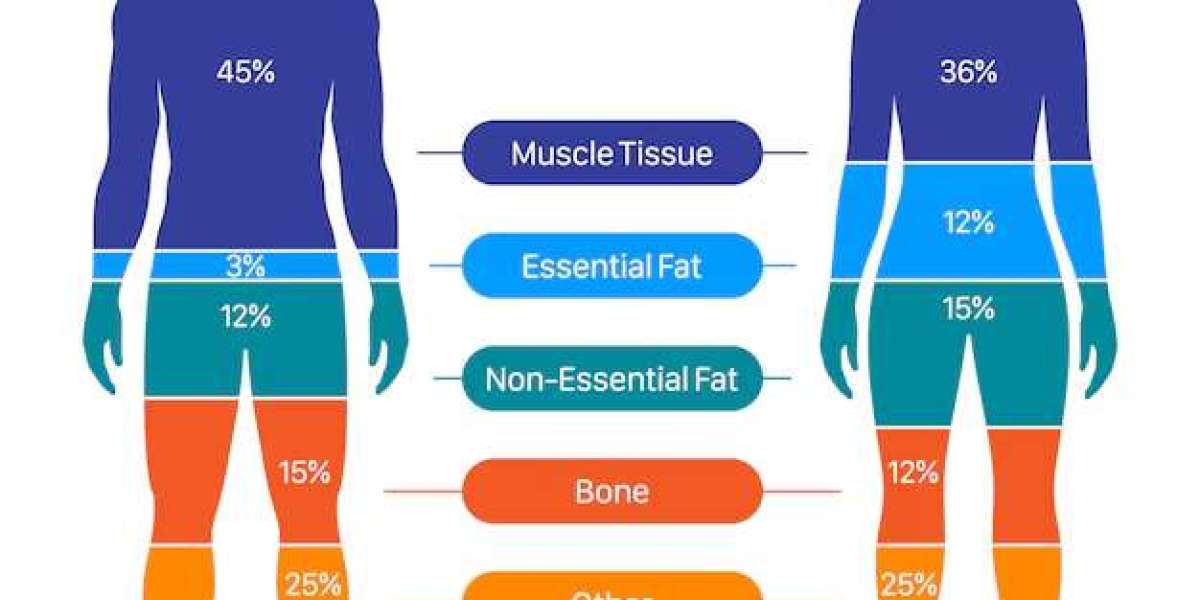Lack of Empathy
According to a 2017 study led by the University of Wisconsin-Madison, psychopaths have decreased connections of their brains between the ventromedial prefrontal cortex (vmPFC) and the amygdala. According to Psychology Today, callousness, detachment and a lack of empathy are key traits of a psychopath, however beneath the facade, they lack any semblance of a conscience. Their delinquent nature inclines them typically (but certainly not always) to criminality. This trait is said to distorted self-esteem, an impaired ability to bond with different people, and a must all the time be on high. To get there or perceive himself as such, the psychopath will lie, cheat, manipulate, corrode the truth and rationalize to the point that reality is so assaulted that it’s on life support. Psychopaths reply to issues in accordance with the finest way they really feel. They don’t spend time thinking about the potential dangers and benefits of their decisions.
Someone with a fear of failure may wait until the last minute to work on an essential project, unconsciously avoiding the prospect of development (Wignall, 2020). A sabotaged resolution can appear benign, all things considered; nevertheless, continual self-sabotage can result in harmful outcomes in our private and skilled lives. It’s normal to really feel afraid of rejection, failure, and different emotional pain. These issues are generally not fun to cope with, so you take steps to keep away from them. Practicing mindfulness, or nonjudgmental consciousness of your ideas and behaviors in the present second, can also help.
The ability to recognize triggering thoughts is an essential first step for remodeling self-sabotage patterns. Self-awareness initiates the introspection process and can help determine poisonous thoughts and their origins. These triggers are sometimes accompanied by an intense or atypical emotional response. Watch this video to become extra aware of your feelings.
Still, it's attainable to beat virtually any type of self-sabotage. Behavioral therapies can help in interrupting ingrained patterns of thought and motion whereas strengthening deliberation and self-regulation. Motivational therapies can even help reconnect individuals with their goals and values. People thwart their progress for Quais os diagnósticos que a bioimpedância pode detectar? wide range of reasons. They might consciously or unconsciously commit acts of self-sabotage.
These are considered dangerous or unfavorable in social settings. You have to work on these traits to develop a great personality. Hikikomori might have related persona traits, however predisposition does not equal destiny. Personalities can evolve and be supported for growth.
Humility
A character energy inventory can determine each an individual's strengths and ways they can use these strengths of their life. Building on one's constructive character strengths may help them improve their life and emotional well-being, in addition to address the challenges and difficulties they're going through. Or perhaps you value leadership, but you don’t know how one can follow that in your everyday life. Great leaders have a optimistic character and good character traits, like honesty, integrity, braveness.
Examples of Negative Personality Traits
Be a constructive character and you’ll get constructive characters in return. If you've a unfavorable character and are greedy, boastful, otherwise you lack empathy, you’ll entice these adverse qualities in the people you surround your self with. Be a optimistic, good particular person in your individual life and you will entice more folks like you. Maybe you’re making essentially the most of each situation, or perhaps you’re responding to your personal adverse traits by working on changing it up. If you discover that you’re having a tough time being understanding or empathetic, speak to folks and see where they’re coming from and the way you’d feel if you had been of their sneakers. Take persona assessments such as the Myers-Briggs Type Indicator (MBTI), StrengthsFinder, or Enneagram check. These tools can present valuable insights into your persona traits and strengths, helping you higher perceive yourself.
How Many Personality Traits Exist?
As early people confronted new environmental challenges and advanced greater bodies, they advanced bigger and more complex brains. Want to know the distinction between personality vs character, go to this publish. By Kendra Cherry, MSEdKendra Cherry, MS, is a psychosocial rehabilitation specialist, psychology educator, and creator of the "Everything Psychology Book." Psychologist Hans Eysenck believed that Cattell's system still included too many related traits. So he narrowed down the record of traits even further, suggesting that there have been simply three. If you need to study extra, consider taking a free version of the 16PF Questionnaire. (Remember, this isn't a mental health check or diagnostic tool!).
This multiple chain of deficits could additionally be on the basis of the event of psychopathic traits [31,32]. In support of this assumption is the proof revealing that youngsters high on psychopathic traits also tend to show a fearless temperament [28,33,34], and a pronounced lack of remorse and empathy [35]. As suggested by Blair and Cipolotti [36], a common emotional impairment could have an effect on the event of moral feelings, ultimately leading to dishonest and careless conduct, which can be Quais Os diagnósticos que a bioimpedância pode detectar? core component within the psychopathy definition [37]. Since psychopathic traits appear to be identifiers of youths inside critical and long-standing pathways of problematic habits, they want to be primarily recognized in clinical settings. To maximize results, these packages should be tailor-made to the unique traits that outline this specific group (e.g., remorseless, lack of empathy, manipulation), and will embody those elements which were confirmed to be potential mechanisms of change in psychopathic personality (e.g., parental warmth). Based on present findings, these effects could probably be additionally strengthened by stimulating the development of conscience by way of particular socioemotional coaching, favoring emotion recognition and affective responsivity [79]. The main function of the present research was, subsequently, to unravel the etiological mechanisms resulting in psychopathic traits in childhood by testing a developmental model the place parenting practices and fearless temperament work together to predict psychopathic traits, through CD.
The family's role
Although no efficient therapy exists for adults with psychopathy, preliminary intervention studies focusing on key neurocognitive disturbances have shown promising outcomes. Given that psychopathy is often comorbid with other psychiatric issues and will increase the risk of physical health issues, academic and employment failure, accidents and criminality, the identification of children and younger individuals at risk for this persona dysfunction and preventative work are necessary. Indeed, interventions that target the antecedents of psychopathic features in youngsters and adolescents have been discovered to be effective. The construct of conscience, refers to the improvement, upkeep, and application of generalizable, inner regulators of one’s behavior [23]. These moral feelings symbolize, as properly, two of the hallmarks of the construct of psychopathy, and play an important role in a child’s development by promoting prosocial improvement whilst restraining delinquent conduct. From this theoretical perspective, issues in CD could be largely because of issues in the improvement of guilt and empathy, which in turn would be influenced by certain temperamental types, including fearlessness, insensitivity to punishment or low responsiveness to cues of misery [27,28]. More specifically, youngsters characterised by a fearless and disinhibited temperament have a tendency to seek out novel situations to check limits, and usually don't concern the implications of misbehavior, which places them at greater danger to have interaction in dangerous activities [29].








